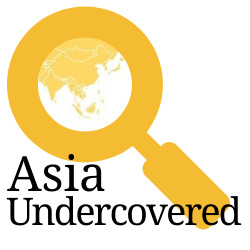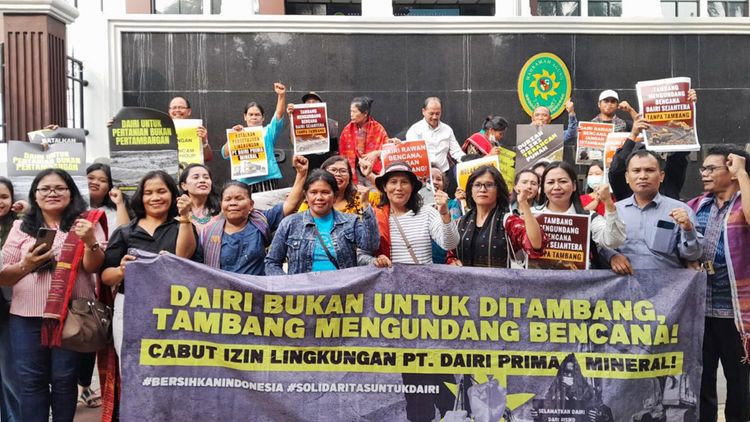Asia Undercovered Round-up: 14 Oct 2021

This week: A tragic assassination, the race to succeed Duterte in the Philippines heats up, and highlighting Asia's indigenous peoples.
Undercovered last week
In Kashmir, the loss of autonomy more than two years ago has also resulted in the clamping down of local media, with regular arrests and detentions or journalists (Ipsita Chakravarty, Reuters Institute).
Two environmental stories from India – first, Chennai, a city that, not too long ago, was running out of water, is facing severe challenges, but lacks effective governance. The creation of a regional flood management committee, reports Avilash Roul, could help, but its not enough (DownToEarth)
18 million septic tanks and 12 million pit latrines feed into the Ganga River, creating an ecological disaster. It’s now the fifth most polluted river in the world, and despite government promises to clean it up, little has been done except “marketing” (Ayushi Kalyani, Madras Courier).
A huge loss for the Rohingya as one of their leaders, and a global recognized human rights icon, was assassinated.
Worth reading: this piece by Aashna Jamal for DevPolicy on the role of mobile data credit in providing access to the internet in the world’s second youngest country, Timor-Leste.
An anniversary of a tragedy in Thailand that few know outside of the region know about, but well worth remembering.

Electoral Politics
The son of the former dictator, Ferdinand Marcos, is officially running for President in the Philippines.
He enters the race to succeed the inexplicably popular President Rodrigo Duterte, who is ineligible. The campaign will depend partly on the incumbent’s legacy. For Nikkei Asia, Cliff Venzon looks back on his five year term and his main initiatives: the drug war, his infrastructure promises, and his pivot to China.
Japan has a new Prime Minister, with Kishida Fumio winning a party election earlier this month. For The Diplomat, John Nilsson-Wright looks at the challenges he’ll face as Japan’s third leader in a little over a year. Also worth noting – Kishida will face voters soon, as elections have been set for Oct 31st (keep an eye out for a Backgrounder around then!).

Geopolitics
India was an ally of the failed, democratic Afghanistan government, and has floundered since the Taliban took power earlier this year. Mohamed Zeeshan calls for better planning by the government if it really wants to shape global events.
And this is curious – a defense delegation from Pakistan made an unannounced visit to Myanmar in early September. A sign that one military-dominated government is supporting another military-dominated government? (The Irrawaddy).

Solutions Stories
This week, two stories focused on Asia’s Indigenous Peoples.
First, Sanjib Chaudhary writes about the sacred seeds, which adorn the handmade paper and slates of the Tamang people, and how this demonstrates the ways that seeds are ingrained into their culture (Global Voices).
Taiwan has a large indigenous population, with their own distinct cultures and languages, separate from those of the ethnically Chinese majority. Despite growing awareness and efforts to empower them, Taiwan still has a long way to go to reach what Niki Alsford called its “indigenous potential” (East Asia Forum).

Reporting Done Right
We often call out western, mainstream media for undercovering or misreporting stories in Asia. But sometimes, they get it right. In this new section, we’ll occasionally highlight quality, global reporting.
The Associated Press’s Dake Kang visited Xinjiang and reported this in-depth, visual feature. He noticed that, in some ways, the security state is less vivid, but in other ways, the overwhelming fear remains — along with pervasive surveillance.

Read more about this newsletter. If you like it, please subscribe.





Member discussion